PyTorch 中的子项目
来源:dev.to
2025-01-14 19:33:12
0浏览
收藏
各位小伙伴们,大家好呀!看看今天我又给各位带来了什么文章?本文标题是《PyTorch 中的子项目》,很明显是关于文章的文章哈哈哈,其中内容主要会涉及到等等,如果能帮到你,觉得很不错的话,欢迎各位多多点评和分享!
请我喝杯咖啡☕
*备忘录:
- 我的帖子解释了 add()。
- 我的帖子解释了 mul()。
- 我的帖子解释了 div()。
- 我的帖子解释了余数()。
- 我的帖子解释了 fmod()。
sub() 可以与零个或多个元素或标量的 0d 或多个 d 张量中的两个或零个或多个元素的 0d 或多个 d 张量与一个标量进行减法,得到为零的 0d 或多个 d 张量或更多元素,如下所示:
*备忘录:
- sub() 可以与 torch 或张量一起使用。
- 第一个参数(输入)带有 torch(类型:int、float 或complex 的张量或标量)或使用张量(类型:int、float 或complex 的张量)(必需)。
- 带有 torch 的第二个参数或带有张量的第一个参数是其他(必需类型:张量或 int、float 或complex 标量)。
- 带有 torch 的第三个参数或带有张量的第二个参数是 alpha(可选-默认:1-类型:张量或整数、浮点或复数标量)。 *other 乘以 alpha(输入或张量 -(otherxalpha))。
- torch 存在 out 参数(可选-默认:无-类型:张量):
*备注:
- 必须使用 out=。
- 我的帖子解释了论点。
- minus() 是 sub() 的别名。
import torch
tensor1 = torch.tensor([9, 7, 6])
tensor2 = torch.tensor([[4, -4, 3], [-2, 5, -5]])
torch.sub(input=tensor1, other=tensor2)
tensor1.sub(other=tensor2)
torch.sub(input=tensor1, other=tensor2, alpha=1)
torch.sub(input=tensor1, other=tensor2, alpha=torch.tensor(1))
# tensor([[5, 11, 3], [11, 2, 11]])
torch.sub(input=tensor1, other=tensor2, alpha=0)
torch.sub(input=tensor1, other=tensor2, alpha=torch.tensor(0))
# tensor([[9, 7, 6], [9, 7, 6]])
torch.sub(input=tensor1, other=tensor2, alpha=2)
torch.sub(input=tensor1, other=tensor2, alpha=torch.tensor(2))
# tensor([[1, 15, 0], [13, -3, 16]])
torch.sub(input=tensor1, other=tensor2, alpha=-1)
torch.sub(input=tensor1, other=tensor2, alpha=torch.tensor(-1))
# tensor([[13, 3, 9], [7, 12, 1]])
torch.sub(input=tensor1, other=tensor2, alpha=-2)
torch.sub(input=tensor1, other=tensor2, alpha=torch.tensor(-2))
# tensor([[17, -1, 12], [5, 17, -4]])
torch.sub(input=9, other=tensor2)
torch.sub(input=9, other=tensor2, alpha=1)
torch.sub(input=9, other=tensor2, alpha=torch.tensor(1))
# tensor([[5, 13, 6], [11, 4, 14]])
torch.sub(input=tensor1, other=4)
torch.sub(input=tensor1, other=4, alpha=1)
torch.sub(input=tensor1, other=4, alpha=torch.tensor(1))
# tensor([5, 3, 2])
torch.sub(input=9, other=4)
torch.sub(input=9, other=4, alpha=1)
torch.sub(input=9, other=4, alpha=torch.tensor(1))
# tensor(5)
tensor1 = torch.tensor([9., 7., 6.])
tensor2 = torch.tensor([[4., -4., 3.], [-2., 5., -5.]])
torch.sub(input=tensor1, other=tensor2)
torch.sub(input=tensor1, other=tensor2, alpha=1.)
torch.sub(input=tensor1, other=tensor2, alpha=torch.tensor(1.))
# tensor([[5., 11., 3.], [11., 2., 11.]])
torch.sub(input=9., other=tensor2)
torch.sub(input=9., other=tensor2, alpha=1.)
torch.sub(input=9., other=tensor2, alpha=torch.tensor(1.))
# tensor([[5., 13., 6.], [11., 4., 14.]])
torch.sub(input=tensor1, other=4)
torch.sub(input=tensor1, other=4, alpha=1.)
torch.sub(input=tensor1, other=4, alpha=torch.tensor(1.))
# tensor([5., 3., 2.])
torch.sub(input=9., other=4)
torch.sub(input=9., other=4, alpha=1.)
torch.sub(input=9., other=4, alpha=torch.tensor(1.))
# tensor(5.)
tensor1 = torch.tensor([9.+0.j, 7.+0.j, 6.+0.j])
tensor2 = torch.tensor([[4.+0.j, -4.+0.j, 3.+0.j],
[-2.+0.j, 5.+0.j, -5.+0.j]])
torch.sub(input=tensor1, other=tensor2)
torch.sub(input=tensor1, other=tensor2, alpha=1.+0.j)
torch.sub(input=tensor1, other=tensor2, alpha=torch.tensor(1.+0.j))
# tensor([[5.+0.j, 11.+0.j, 3.+0.j],
# [11.+0.j, 2.+0.j, 11.+0.j]])
torch.sub(input=9.+0.j, other=tensor2)
torch.sub(input=9.+0.j, other=tensor2, alpha=1.+0.j)
torch.sub(input=9.+0.j, other=tensor2, alpha=torch.tensor(1.+0.j))
# tensor([[5.+0.j, 13.+0.j, 6.+0.j],
# [11.+0.j, 4.+0.j, 14.+0.j]])
torch.sub(input=tensor1, other=4.+0.j)
torch.sub(input=tensor1, other=4.+0.j, alpha=1.+0.j)
torch.sub(input=tensor1, other=4.+0.j, alpha=torch.tensor(1.+0.j))
# tensor([5.+0.j, 3.+0.j, 2.+0.j])
torch.sub(input=9.+0.j, other=4.+0.j)
torch.sub(input=9.+0.j, other=4.+0.j, alpha=1.+0.j)
torch.sub(input=9.+0.j, other=4.+0.j, alpha=torch.tensor(1.+0.j))
# tensor(5.+0.j)
理论要掌握,实操不能落!以上关于《PyTorch 中的子项目》的详细介绍,大家都掌握了吧!如果想要继续提升自己的能力,那么就来关注golang学习网公众号吧!
版本声明
本文转载于:dev.to 如有侵犯,请联系study_golang@163.com删除
 英伟达RTX 50系列显卡性价比优预期 台厂供应链迎换卡潮
英伟达RTX 50系列显卡性价比优预期 台厂供应链迎换卡潮
- 上一篇
- 英伟达RTX 50系列显卡性价比优预期 台厂供应链迎换卡潮

- 下一篇
- 解决电脑黑屏问题的系统性攻略
查看更多
最新文章
-
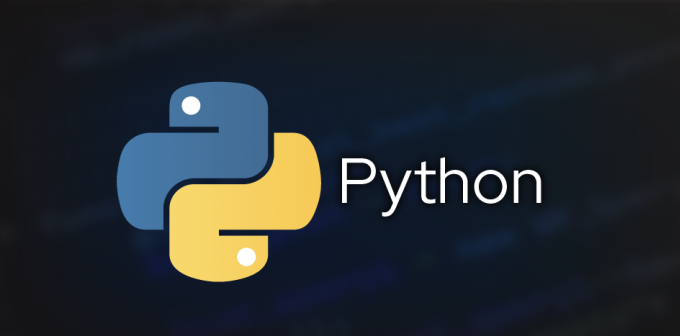
- 文章 · python教程 | 18分钟前 |
- Python3如何判断时间?
- 336浏览 收藏
-
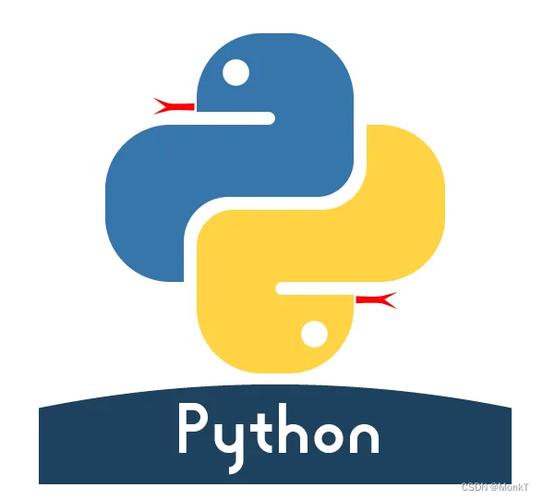
- 文章 · python教程 | 1小时前 |
- Python中/运算符的作用详解
- 252浏览 收藏
-
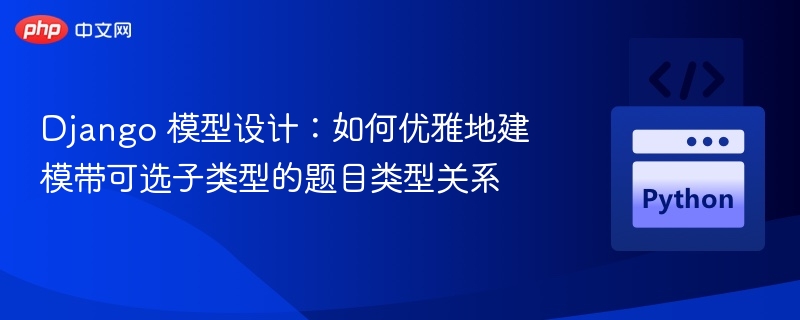
- 文章 · python教程 | 1小时前 |
- Django模型设计:题目类型子类型建模技巧
- 455浏览 收藏
-
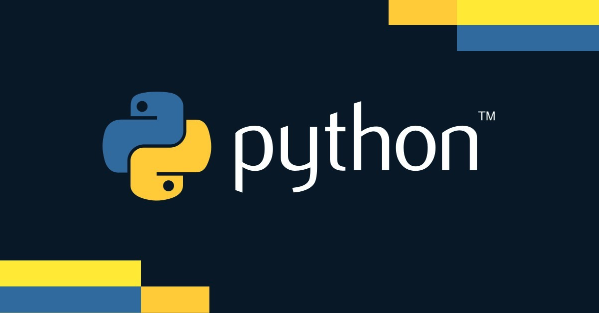
- 文章 · python教程 | 1小时前 |
- Python数据可视化从入门到精通
- 188浏览 收藏
-

- 文章 · python教程 | 1小时前 |
- Python高可用网络程序设计技巧
- 494浏览 收藏
-
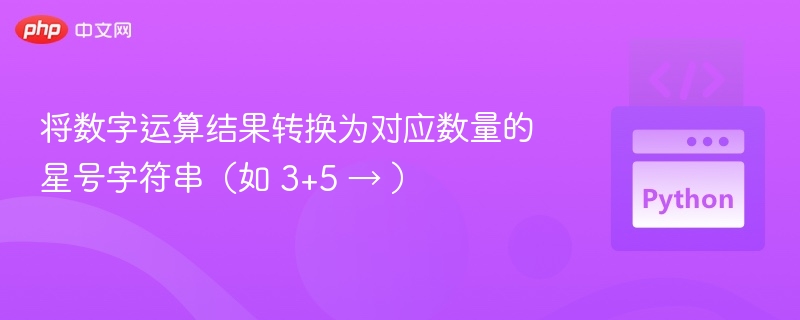
- 文章 · python教程 | 2小时前 |
- 3加5等于几?答案揭晓!
- 407浏览 收藏
-
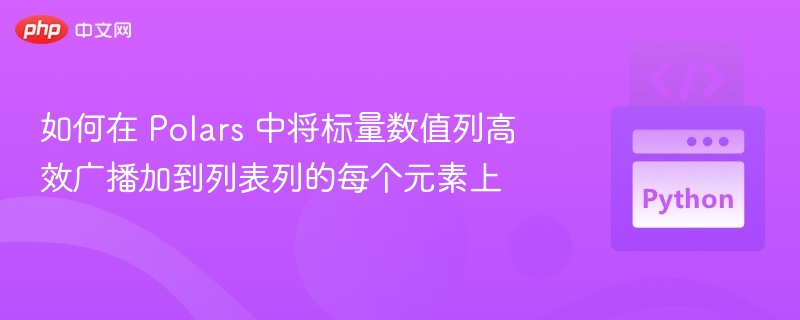
- 文章 · python教程 | 3小时前 |
- Polars标量列广播添加元素方法
- 237浏览 收藏
-

- 文章 · python教程 | 3小时前 | Python语言使用
- Python设计模式详解与实例分析
- 122浏览 收藏
-

- 文章 · python教程 | 3小时前 |
- Python注释与文档编写技巧
- 289浏览 收藏
-
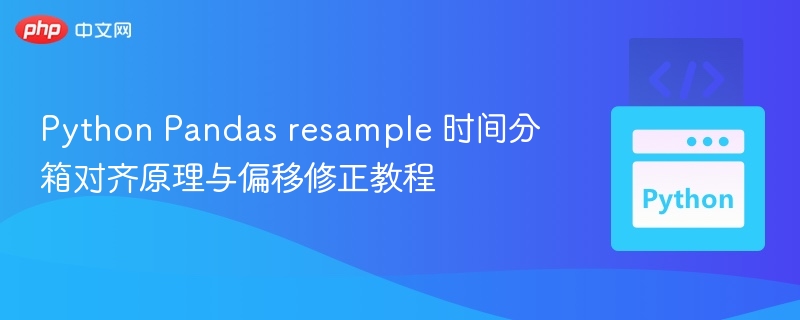
- 文章 · python教程 | 3小时前 |
- Pandasresample分箱原理与偏移修正解析
- 296浏览 收藏
-
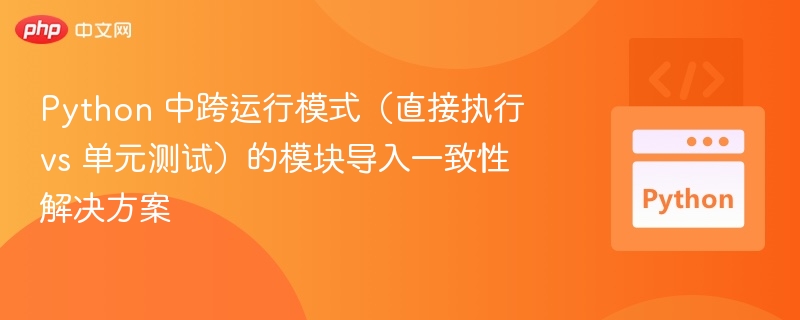
- 文章 · python教程 | 3小时前 |
- Python跨模式导入问题解决方法
- 194浏览 收藏
-
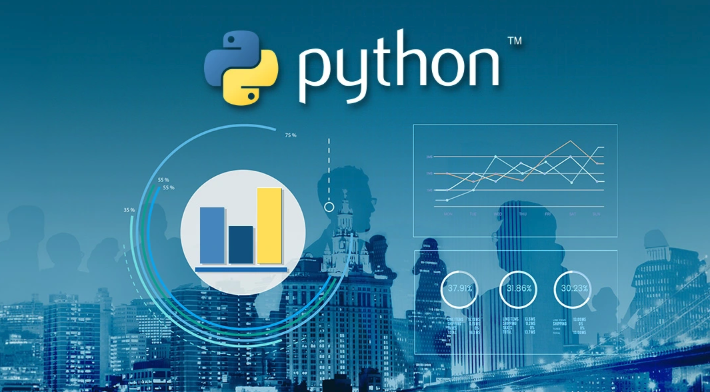
- 文章 · python教程 | 4小时前 |
- Python工程化核心原理与实战解析
- 391浏览 收藏
查看更多
课程推荐
-

- 前端进阶之JavaScript设计模式
- 设计模式是开发人员在软件开发过程中面临一般问题时的解决方案,代表了最佳的实践。本课程的主打内容包括JS常见设计模式以及具体应用场景,打造一站式知识长龙服务,适合有JS基础的同学学习。
- 543次学习
-

- GO语言核心编程课程
- 本课程采用真实案例,全面具体可落地,从理论到实践,一步一步将GO核心编程技术、编程思想、底层实现融会贯通,使学习者贴近时代脉搏,做IT互联网时代的弄潮儿。
- 516次学习
-

- 简单聊聊mysql8与网络通信
- 如有问题加微信:Le-studyg;在课程中,我们将首先介绍MySQL8的新特性,包括性能优化、安全增强、新数据类型等,帮助学生快速熟悉MySQL8的最新功能。接着,我们将深入解析MySQL的网络通信机制,包括协议、连接管理、数据传输等,让
- 500次学习
-

- JavaScript正则表达式基础与实战
- 在任何一门编程语言中,正则表达式,都是一项重要的知识,它提供了高效的字符串匹配与捕获机制,可以极大的简化程序设计。
- 487次学习
-

- 从零制作响应式网站—Grid布局
- 本系列教程将展示从零制作一个假想的网络科技公司官网,分为导航,轮播,关于我们,成功案例,服务流程,团队介绍,数据部分,公司动态,底部信息等内容区块。网站整体采用CSSGrid布局,支持响应式,有流畅过渡和展现动画。
- 485次学习
查看更多
AI推荐
-

- ChatExcel酷表
- ChatExcel酷表是由北京大学团队打造的Excel聊天机器人,用自然语言操控表格,简化数据处理,告别繁琐操作,提升工作效率!适用于学生、上班族及政府人员。
- 3727次使用
-

- Any绘本
- 探索Any绘本(anypicturebook.com/zh),一款开源免费的AI绘本创作工具,基于Google Gemini与Flux AI模型,让您轻松创作个性化绘本。适用于家庭、教育、创作等多种场景,零门槛,高自由度,技术透明,本地可控。
- 3997次使用
-

- 可赞AI
- 可赞AI,AI驱动的办公可视化智能工具,助您轻松实现文本与可视化元素高效转化。无论是智能文档生成、多格式文本解析,还是一键生成专业图表、脑图、知识卡片,可赞AI都能让信息处理更清晰高效。覆盖数据汇报、会议纪要、内容营销等全场景,大幅提升办公效率,降低专业门槛,是您提升工作效率的得力助手。
- 3937次使用
-

- 星月写作
- 星月写作是国内首款聚焦中文网络小说创作的AI辅助工具,解决网文作者从构思到变现的全流程痛点。AI扫榜、专属模板、全链路适配,助力新人快速上手,资深作者效率倍增。
- 5111次使用
-

- MagicLight
- MagicLight.ai是全球首款叙事驱动型AI动画视频创作平台,专注于解决从故事想法到完整动画的全流程痛点。它通过自研AI模型,保障角色、风格、场景高度一致性,让零动画经验者也能高效产出专业级叙事内容。广泛适用于独立创作者、动画工作室、教育机构及企业营销,助您轻松实现创意落地与商业化。
- 4308次使用
查看更多
相关文章
-
- Flask框架安装技巧:让你的开发更高效
- 2024-01-03 501浏览
-
- Django框架中的并发处理技巧
- 2024-01-22 501浏览
-
- 提升Python包下载速度的方法——正确配置pip的国内源
- 2024-01-17 501浏览
-
- Python与C++:哪个编程语言更适合初学者?
- 2024-03-25 501浏览
-
- 品牌建设技巧
- 2024-04-06 501浏览



